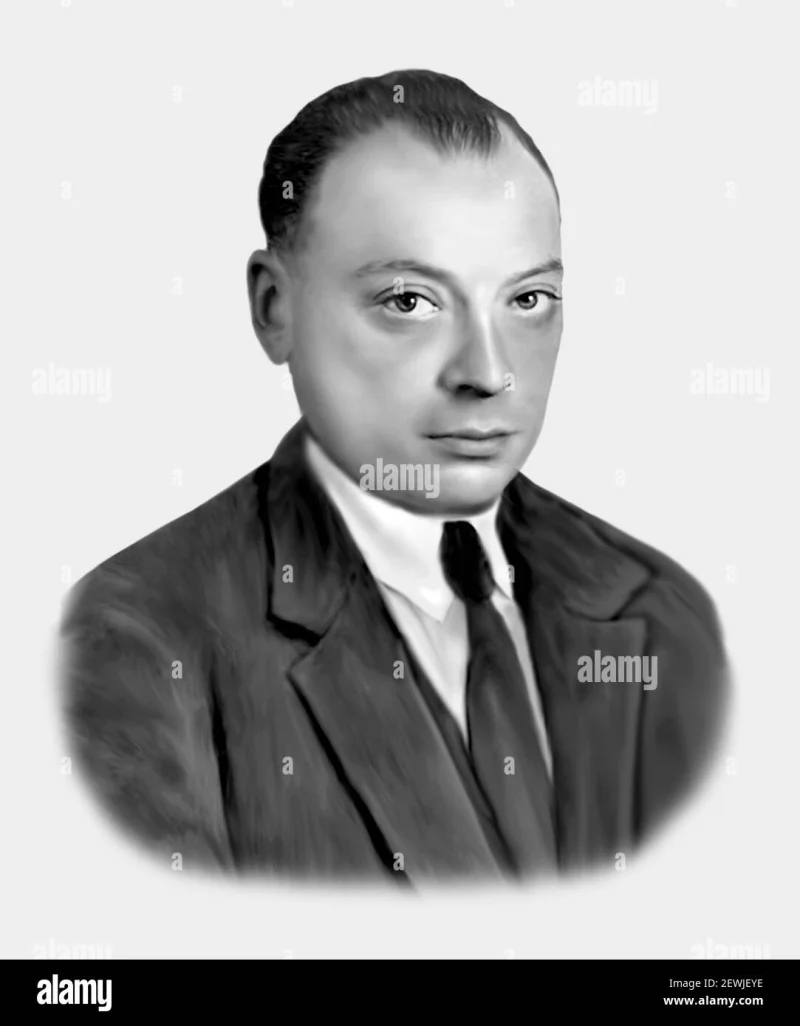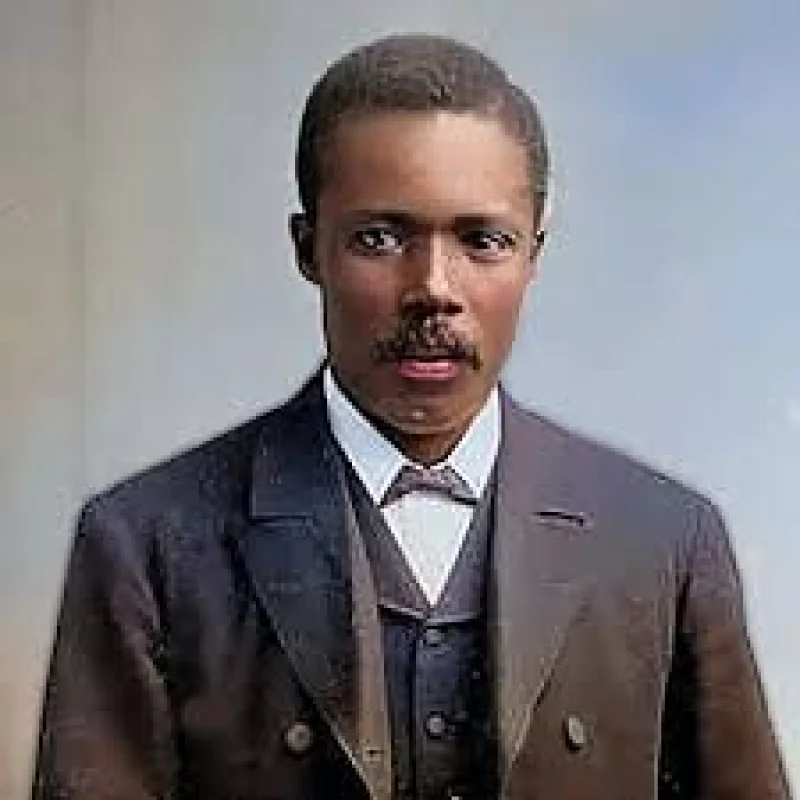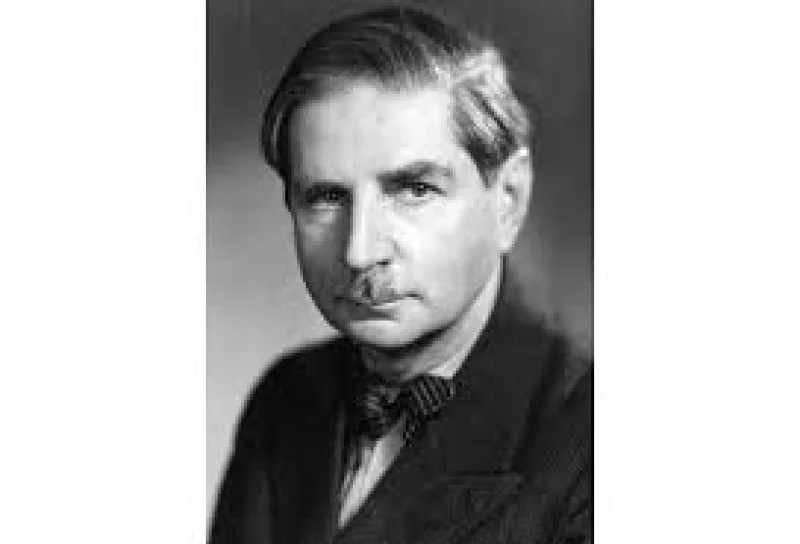Short Summary
Wolfgang Ernst Pauli was an influential Austrian theoretical physicist renowned for his profound contributions to quantum mechanics and quantum field theory. He is best known for formulating the Pauli Exclusion Principle, which plays a critical role in explaining the structure of atoms and the properties of matter. Awarded the Nobel Prize in Physics in 1945, Pauli's work significantly advanced the understanding of electron behavior and quantum theory.
Early Life & Education
Wolfgang Ernst Pauli was born on April 25, 1900, in Vienna, Austria, into a family deeply rooted in academia. His father, Wolfgang Joseph Pauli, was a prominent chemist, while his godfather, Ernst Mach, was a noted physicist and philosopher. Pauli demonstrated exceptional intellectual abilities from a young age, leading to his early admission to the University of Munich, where he studied under Arnold Sommerfeld. His doctoral thesis on the quantum theory of ionized diatomic hydrogen molecules laid the groundwork for his future endeavors in theoretical physics.
Career Highlights
Pauli's career was marked by significant academic appointments and groundbreaking theoretical work. After receiving his doctorate, he worked with some of the era's leading physicists, including Niels Bohr in Copenhagen and Wolfgang Heisenberg in Leipzig. In 1928, he became a professor at ETH Zurich, where he further developed his ideas in quantum mechanics. His formulation of the Pauli Exclusion Principle in 1925 was a pivotal moment in physics, explaining electron configurations in atoms and leading to advancements in the understanding of atomic and subatomic structures.
Major Achievements
- Formulated the Pauli Exclusion Principle, which states that no two electrons can occupy the same quantum state within an atom.
- Contributed to the development of quantum field theory, enhancing the understanding of particle physics.
- Received the Nobel Prize in Physics in 1945 for his discovery of the Exclusion Principle.
- Proposed the existence of the neutrino, a fundamental particle, which was later experimentally confirmed.
Famous Quotes
- "God made the bulk; surfaces were invented by the devil."
- "Not only is it not right, it’s not even wrong!"
Interesting Facts
- Pauli was known for his sharp wit and critical nature, often making insightful and sometimes harsh comments on the work of others.
- He had a reputation for the "Pauli Effect," where experimental equipment seemed to fail in his presence.
- Pauli was a close collaborator of Albert Einstein, though they often debated philosophical interpretations of quantum mechanics.
Legacy / Influence
Pauli's contributions to quantum mechanics have had a lasting impact on both theoretical and applied physics. The Pauli Exclusion Principle remains a cornerstone of modern physics, essential for explaining the behavior of electrons in atoms and molecules. His ideas continue to influence contemporary research in quantum theory and particle physics, underscoring his enduring legacy in the scientific community.
FAQ
Q: Why is Wolfgang Ernst Pauli famous?
A: Because of his formulation of the Pauli Exclusion Principle and contributions to quantum mechanics.
Q: What did Pauli win the Nobel Prize for?
A: He won the Nobel Prize in Physics in 1945 for the discovery of the Exclusion Principle.
Q: What is the "Pauli Effect"?
A: It is a humorous term for the tendency of technical equipment to fail when Pauli was nearby.
Q: Did Pauli collaborate with other famous physicists?
A: Yes, he worked closely with notable physicists such as Niels Bohr and Albert Einstein.












